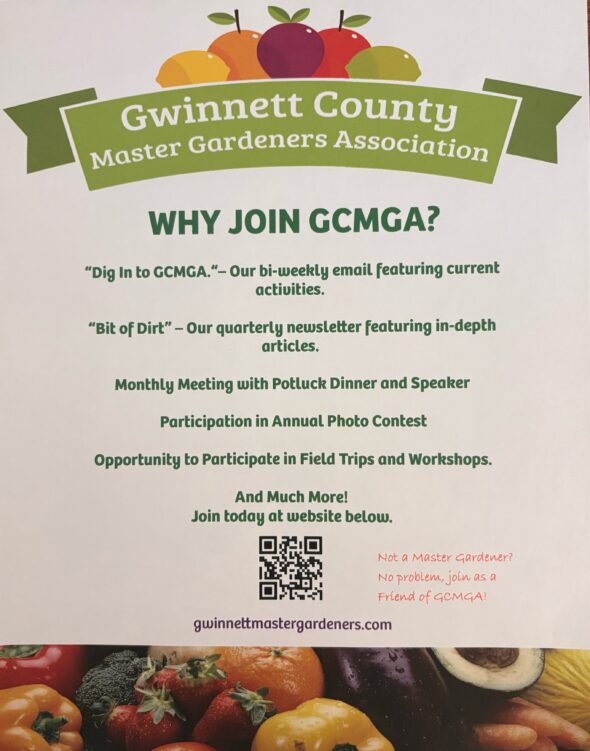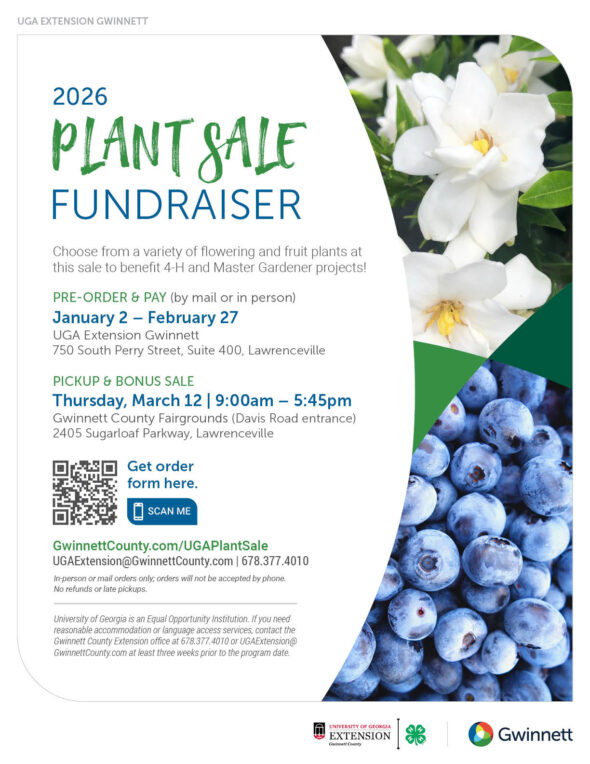Thanks to Margaret Molyson for taking the time to make these and sharing them with you. These seed tags labels are printable so you can cut them up individually and use them to glue to the front of a small seed envelope. They hold a wealth of information about each type of flower, vine, and other different plants. Seed Tags for Annuals and Biennials Seed Tags for Perennials A to C Seed Tags for Perennials D to O Seed Tags for Perennials P to Z Seed Tags for Shrubs and Trees Seed Tags for Vines Related Images:


